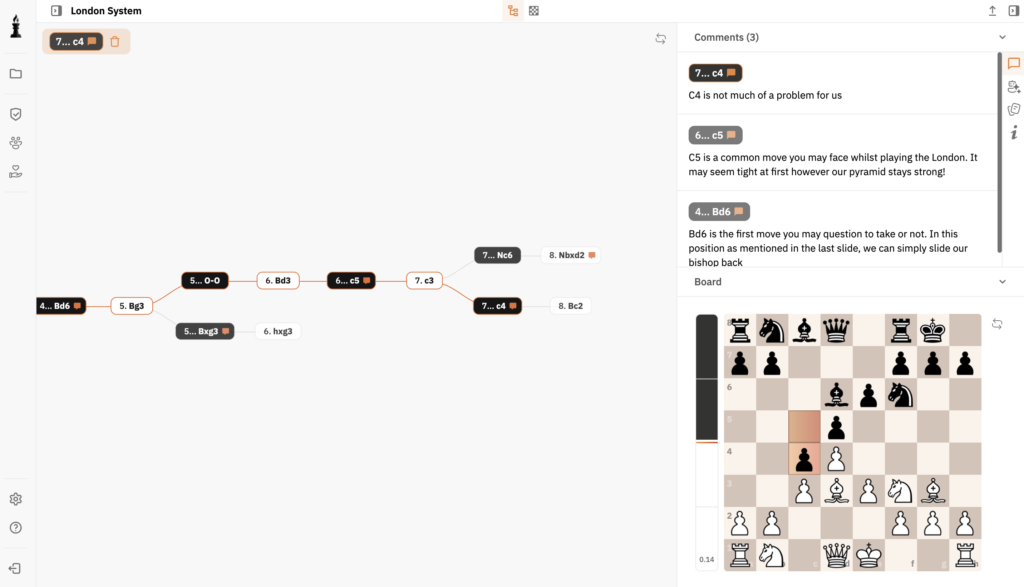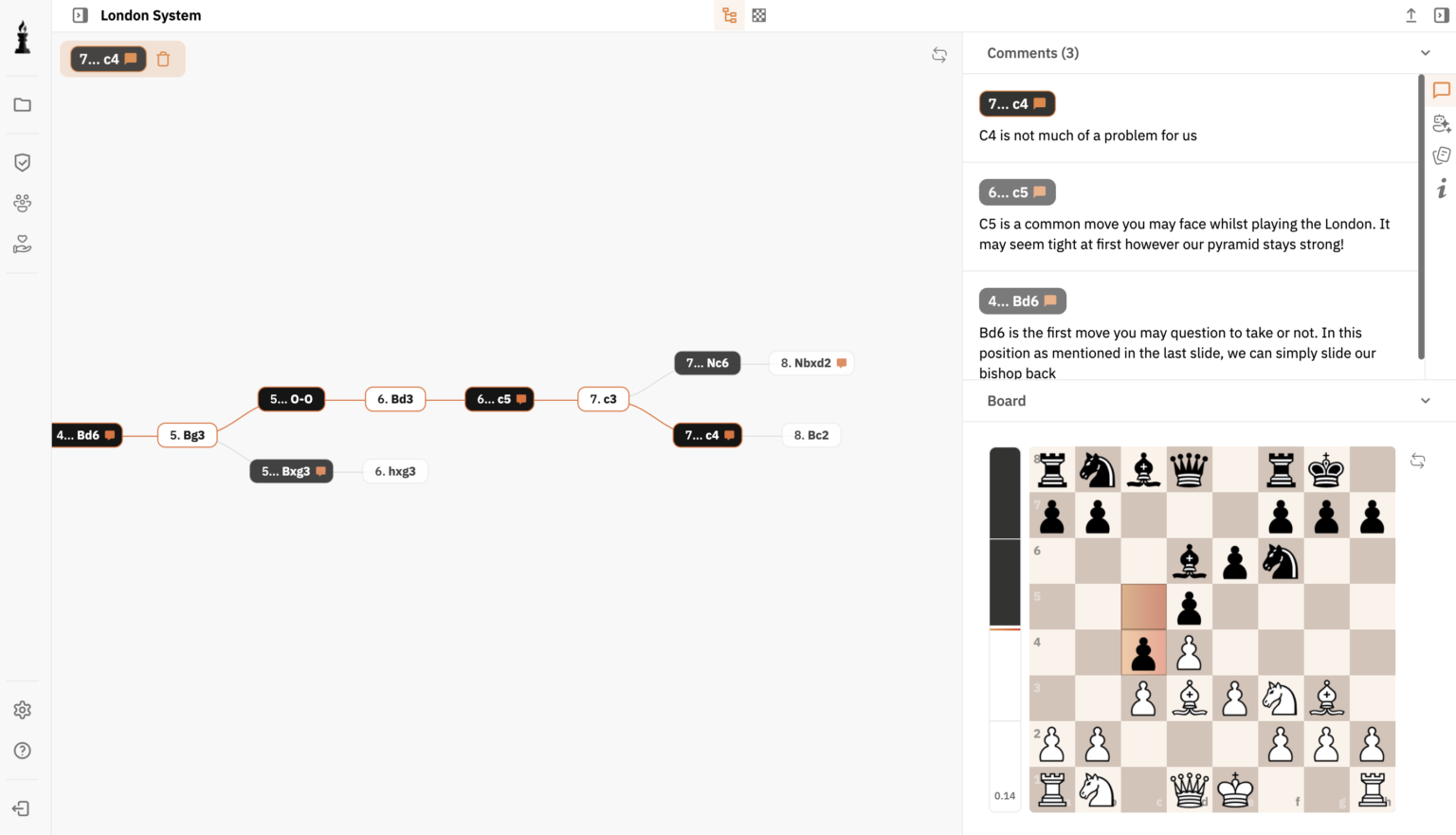Introduction: Chess as a Universal Language
Chess, an embodiment of strategic depth and intellectual combat, has always transcended mere competition. Beyond the 64 squares, chess serves as a bridge across cultures and ideologies, creating connections that enrich the human experience. The game’s capacity to foster dialogue and understanding where words sometimes fail is nothing short of remarkable.
The Role of Chess in Diplomatic Efforts
Throughout history, chess has played an integral role in diplomatic relations. The board becomes a table where adversaries meet not as enemies but as thinkers. Consider the Cold War era, when matches between grandmasters from East and West became symbolic gestures of intellect and prestige, overshadowing political tensions.
Case Study: Fischer vs. Spassky
The 1972 World Chess Championship, featuring Bobby Fischer and Boris Spassky, was not just a sports event but a diplomatic chessboard. Here, chess helped to channel rivalry into mutual respect, demonstrating that shared passion can unite disparate ideologies.
Chess and Educational Collaboration
Engagement in chess tournaments often leads to educational exchanges. Academies and clubs, especially those fostering young talent, actively seek collaborations to share methodologies and insights, promoting educational growth worldwide.
Improving Critical Thinking and Cooperative Skills
Chess clubs in educational institutions often witness students from diverse backgrounds coming together. The candidates tournament serves as an example where cooperation enhances individual growth. Through shared experiences, students cultivate critical thinking that benefits academic and personal endeavors.
Gender and Diversity in Chess
While discussions on chess and gender continue, the chess community increasingly celebrates diversity. The ranks of Woman International Masters (WIM), Woman Grandmasters (WGM), and others signify progress toward equal representation.
Female Leaders in Chess
Prominent figures like Judit Polgar, who defied gender norms, inspire future generations. Programs aimed at elevating women in chess ensure that talents are nurtured irrespective of gender, aligning with broader goals of inclusivity.
Chess Resources that Bridge Gaps
Incorporating tools like Chess PGN Editor and Online Chess Database enhances learning and collaboration. Such resources make chess accessible to all, breaking geographical barriers and fostering interconnected growth.
Utilizing Technology for Knowledge Sharing
Platforms like Stockfish not only serve analytical purposes but also act as educational allies, providing insights that players can discuss and learn from together. Even the use of PGN files exemplifies how technology aids in uniting chess enthusiasts globally.
Within the realm of competition, tactics like zugzwang challenge and educate beyond mere victory. Engaging with tactics through platforms allows players to understand each other’s strategies, fostering mutual respect and admiration.
Chess is More Than Strategy
While plenty focus on chess strategy, it is in these tactical nuances where relationships are reinforced. By exploring each opponent’s mind, players build a community of shared intellectual discovery.
The Future of Chess Collaboration
As online arenas grow through initiatives like Chess Games Analysis, the global chess community will continue to expand. With each game played, new friendships are forged, transcending borders and contributing to a healthier, more interconnected world.
Conclusion: Chess Beyond Competition
Chess, with its universal appeal, serves as a gentle reminder of our shared human potential, merging competitive zeal with unique moments of connection and cooperation. It is in these 64 squares that players unite, not to conquer but to find common ground, fostering global peace and friendship one game at a time.
Chess acts as a neutral ground for individuals from diverse backgrounds to connect and learn from one another, promoting cross-cultural dialogue and understanding.
Technology enhances collaboration through platforms for analysis and learning, such as Chess PGN Editor and Stockfish, which facilitate shared knowledge and skill development.
Chess embraces gender diversity by recognizing titles for women and promoting inclusive programs, encouraging participation and representation across genders.
Yes, historically, chess tournaments have been symbolic avenues for diplomacy, channeling political tension into mutual respect and understanding among diverse nations.





